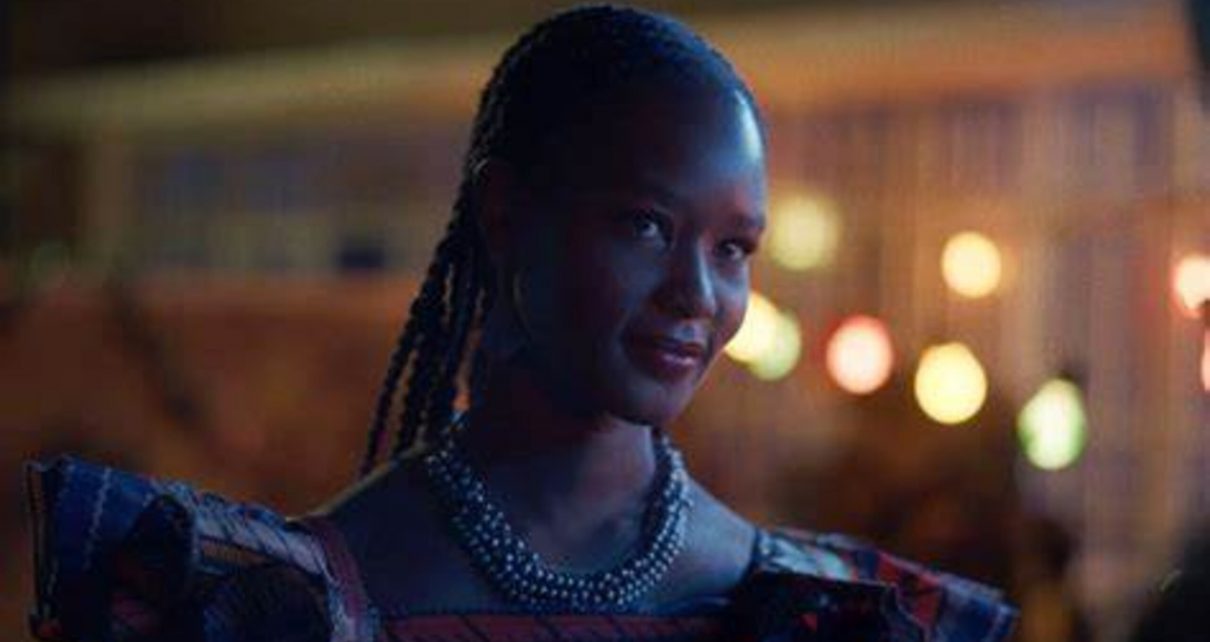From the bustling streets of Cannes, a groundbreaking film emerged, shedding light on the complex history of Sudan and the struggles that continue to shape its destiny. “Goodbye Julia,” directed by the talented Sudanese filmmaker Mohamed Kordofani, delves into the painful reality of systematic racism that led to the secession of South Sudan in 2011 and the ensuing conflicts that have ravaged the country.
This poignant drama, premiering in Un Certain Regard, marks a historic moment as the first Sudanese feature to grace the prestigious Croisette. Under the watchful eye of producer Amjad Abu Alala, known for “You Will Die at 20,” Sudan’s first Oscar submission in 2020, the film boasts a compelling cast led by Eiman Yousif and the remarkable former Miss South Sudan, Siran Riak. With such a compelling team behind it, “Goodbye Julia” presents a unique chance to bridge the gap between the Northern and Southern Sudanese communities, fostering hope for reconciliation among the people of Sudan.
Kordofani, hailing from Bahrain, speaks with genuine concern about the film’s relevance in the context of Sudan’s complicated situation. Addressing the ongoing conflict between factions loyal to rival generals, he points to the undeniable link between the secession of South Sudan and the insidious effects of systematic racism. He emphasizes how tribalism has plagued Sudanese society for generations, sparking tensions that have claimed countless lives.
The film, an emotionally charged narrative, explores the lives of two women from opposite ends of Sudan – one from the North and the other from the South – who are brought together by fate in a complex relationship. As the story unfolds, it grapples with the disconnect that perpetuates conflict and emphasizes the urgent need for reconciliation. Kordofani admits that his motivation to tell this specific story stems from a sense of guilt, realizing the lack of understanding and interaction he had with Southerners while growing up in Khartoum. This guilt and the desire to build a nation based on values rather than tribe, race, or gender form the heart and soul of “Goodbye Julia.”
As Sudan faces its latest burst of violence and political upheaval, Kordofani remains pragmatic about the prospects for peace. While the fighting may persist, he believes that uniting as people and admitting past mistakes could eventually halt the cycle of war. In an inspiring and daring plan, Kordofani dreams of bringing “Goodbye Julia” back to his homeland, even amidst the ongoing turmoil. With unwavering determination, he hopes to revive cinemas that had been silenced by the regime, allowing the film to reach the very communities it seeks to bridge.
“Goodbye Julia” is more than just a film; it is a passionate call for healing and understanding. Through the lens of this remarkable drama, Mohamed Kordofani beckons the Sudanese people to come together, embrace a new national identity, and pave the way for a future free from the shackles of racism and tribalism. As the film journeys through the Cannes spotlight, we can only hope that it reaches the heart of Sudan, sparking a movement for change and transformation.


